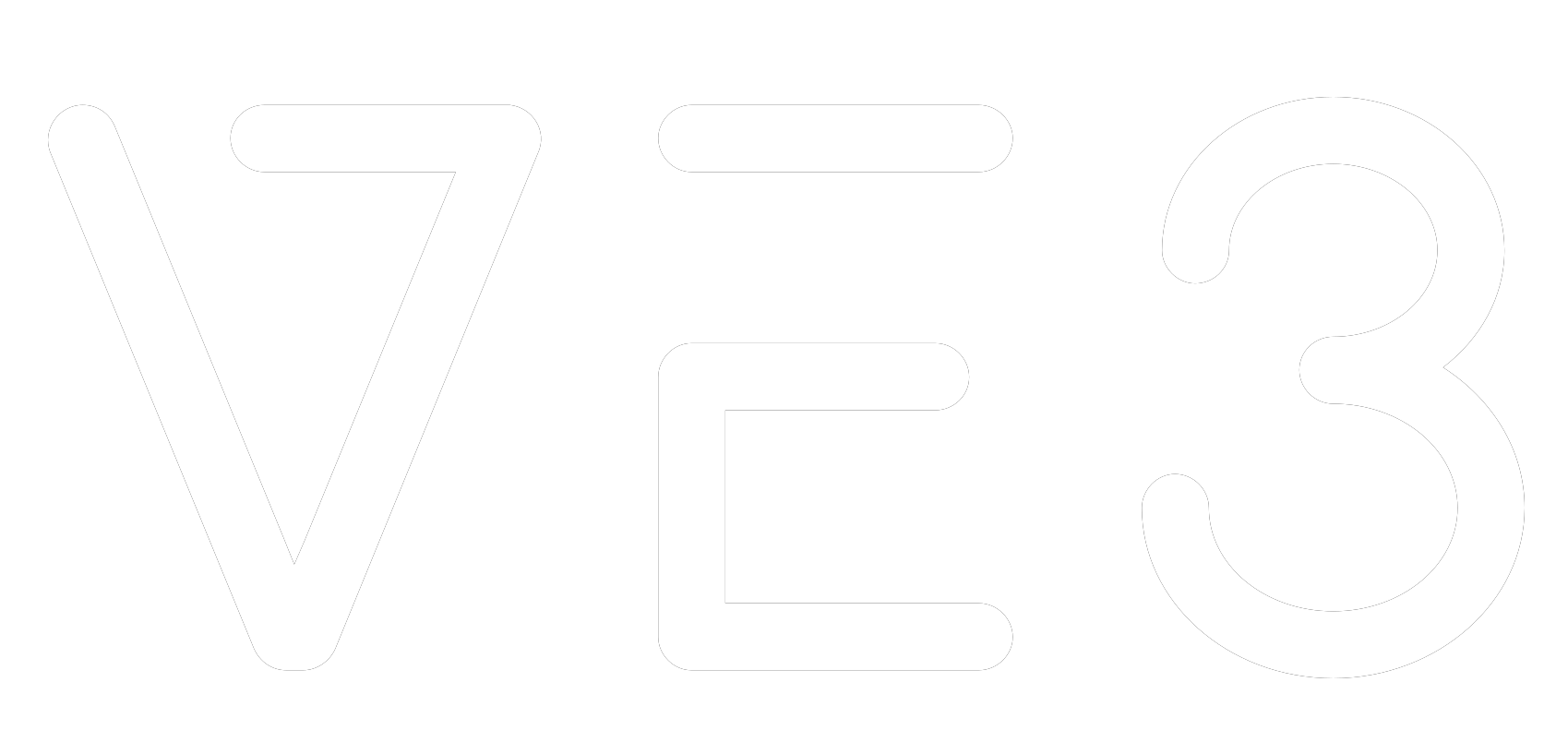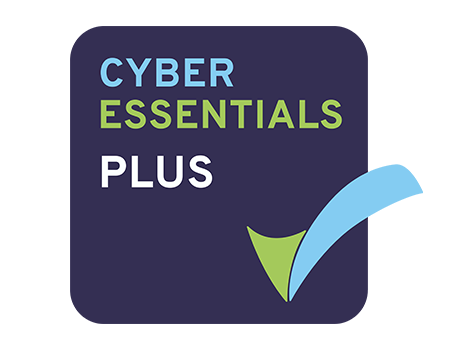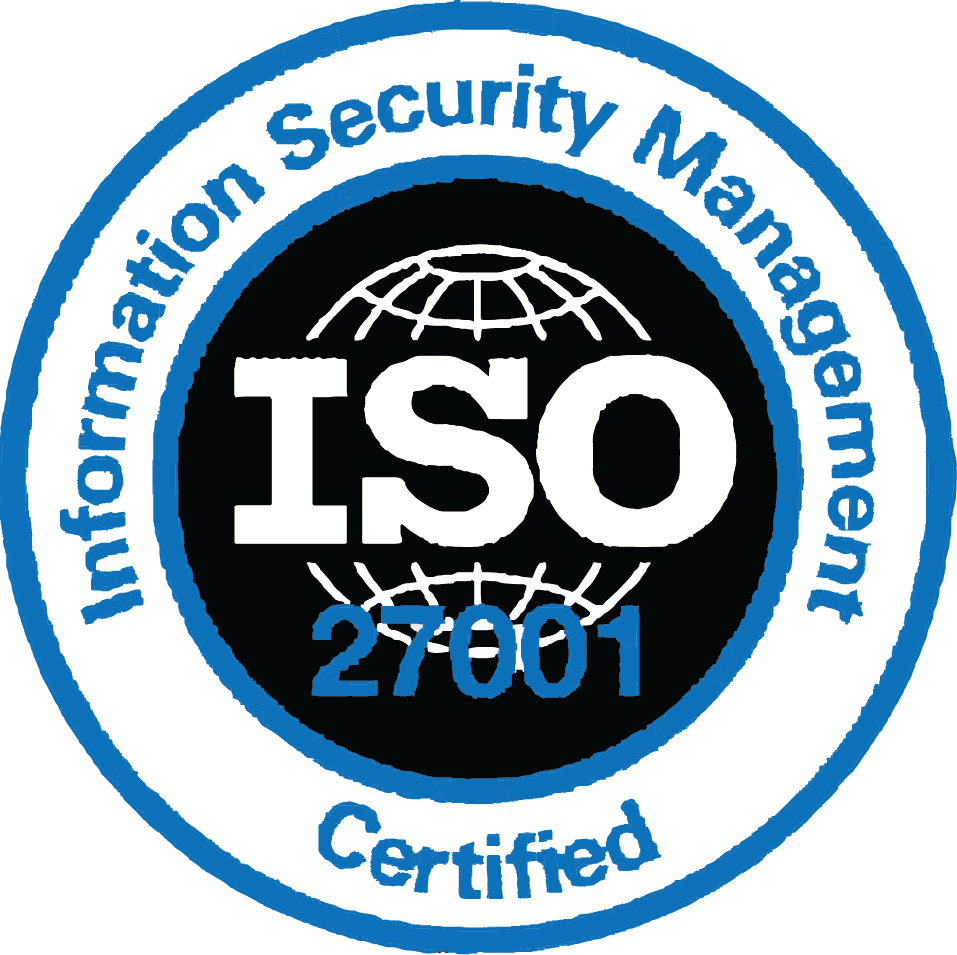In today’s digital age, platforms have become integral to our daily lives, serving as gateways to information, social connections, and services. However, as we increasingly rely on these platforms, a tension arises between the convenience they offer and the control we have over our personal data. Balancing utility with personal data sovereignty is crucial for safeguarding individual rights in the digital realm.
Platform Dependence
Platform dependence refers to the reliance on digital platforms for various aspects of our daily lives. These platforms, encompassing social media giants, ride-sharing apps, communication tools, and online marketplaces, have fundamentally altered how we interact with the world around us. It encompasses several dimensions, including functionality dependence, social dependence, and informational dependence.
Benefits of Platform Dependence
Convenience and Efficiency
Platforms simplify complex tasks. Ordering food, booking a taxi, or connecting with friends can all be done with a few clicks. This efficiency saves time and reduces friction in our daily lives.
Vast Network of Services and Connections
Platforms connect us to a global network of services and individuals. We can access a multitude of vendors, interact with people worldwide, and find niche communities that share our interests. This connectivity fosters a more open and interconnected world.
Cost-Effectiveness
Many platforms offer their core functionalities for free or at a minimal cost. This accessibility makes them attractive to a broad range of users, promoting inclusivity and participation in the digital economy.
Drawbacks of Platform Dependence
Vulnerability to Platform Changes and Policies
Platforms can unilaterally change their policies and algorithms, potentially disrupting user experiences and access to data. Platform dominance can lead to a lack of choice, leaving users with limited alternatives.
Lack of Control Over Data and Privacy Concerns
Every interaction on a platform generates data. Platforms collect and analyze this data for various purposes, often without our full knowledge or consent. This lack of control raises privacy concerns, with users unsure of how their data is being used and by whom.
Potential for Manipulation and Echo Chambers
Platforms can leverage user data to personalize content and target advertising. This can lead to manipulation and the creation of echo chambers, where users are primarily exposed to information that reinforces their existing beliefs.
Data Independence
Data independence refers to the ability of users to maintain control over their personal data, enabling them to manage and utilize it across various platforms according to their preferences. It represents a shift in power dynamics, placing users back in control of their information. This concept is built upon three core principles: data ownership, data portability, and data interoperability.
Benefits of Data Independence
Increased User Control and Privacy
When users own their data, they can control its dissemination and usage. This reduces the risk of privacy breaches and unauthorized data sharing. Users can choose to share their data only with trusted entities and for specific purposes, fostering a sense of control over their digital footprint.
Encourages Competition and Innovation Among Platforms
A data-independent landscape fosters competition among platforms. Platforms will need to prioritize user trust and data security to attract and retain users. This can spur innovation in data management practices and user-centric functionalities, ultimately benefiting users with more control and better service options.
Empowers Users to Manage Their Digital Footprint
Data independence empowers users to actively manage their digital presence. They can choose what information they share online, where it is stored, and for what purposes it can be used. This allows users to curate a more accurate and controlled representation of themselves online.
Drawbacks of Data Independence
Technical Hurdles in Data Portability and Interoperability
Standardizing data formats and protocols across platforms is a complex task. Different platforms use various data structures and storage mechanisms, making seamless data transfer difficult.
Resistance from Platforms
Platforms often view user data as a valuable asset for targeted advertising and content personalization. Data independence could lead to a loss of user lock-in and weaken platforms’ grip on user data. This resistance from platforms creates a significant hurdle in implementing data independence initiatives.
User Awareness and Education
For data independence to thrive, user awareness and education are crucial. Many users are unaware of their data ownership rights and the potential benefits of data independence. Educating users about their data rights and empowering them with the tools to manage their data effectively is essential.
Balancing Utility and Sovereignty
The tension between platform dependence and data independence highlights a critical question: can we harness the undeniable utility of platforms while simultaneously reclaiming control over our personal data? Fortunately, several potential solutions can help bridge this gap and create a more balanced digital landscape.
Standardization
One crucial step towards data independence involves tackling the technical hurdles hindering data portability and interoperability. The need for standardized data formats and protocols across platforms cannot be overstated. Standardized data formats would empower users with incredible flexibility, allowing them to switch platforms without losing their valuable data.
Open-Source and Decentralized Solutions
Open-source and decentralized platforms offer an alternative model that prioritizes user control and transparency. These platforms empower users by providing greater visibility into data-handling practices and enabling community-driven development. By embracing these, users can exert more control over their data and reduce dependence on centralized entities.
Regulatory Frameworks
Regulatory frameworks play a crucial role in safeguarding user rights and promoting data sovereignty. Governments can enact legislation that mandates data ownership and portability rights, compelling platforms to adhere to transparent data practices. Additionally, regulatory bodies can impose penalties on entities that violate user privacy or hinder data portability, incentivizing compliance and accountability.
Conclusion
Users need to be aware of their data rights and actively manage their digital footprint. Platforms must prioritize user privacy and data control to build trust and foster a sustainable business model. Finally, policymakers have the crucial role of creating a regulatory framework that empowers users and incentivizes platforms to prioritize data sovereignty. By empowering users, promoting innovation, and prioritizing privacy, we can build a digital landscape that respects user autonomy and fosters responsible data practices.
VE3 plays a pivotal role here, by assisting businesses in prioritizing user privacy and data security, thereby contributing to building trust and maintaining a sustainable business model in the digital ecosystem. To know more, explore our innovative digital solutions or contact us directly.


















